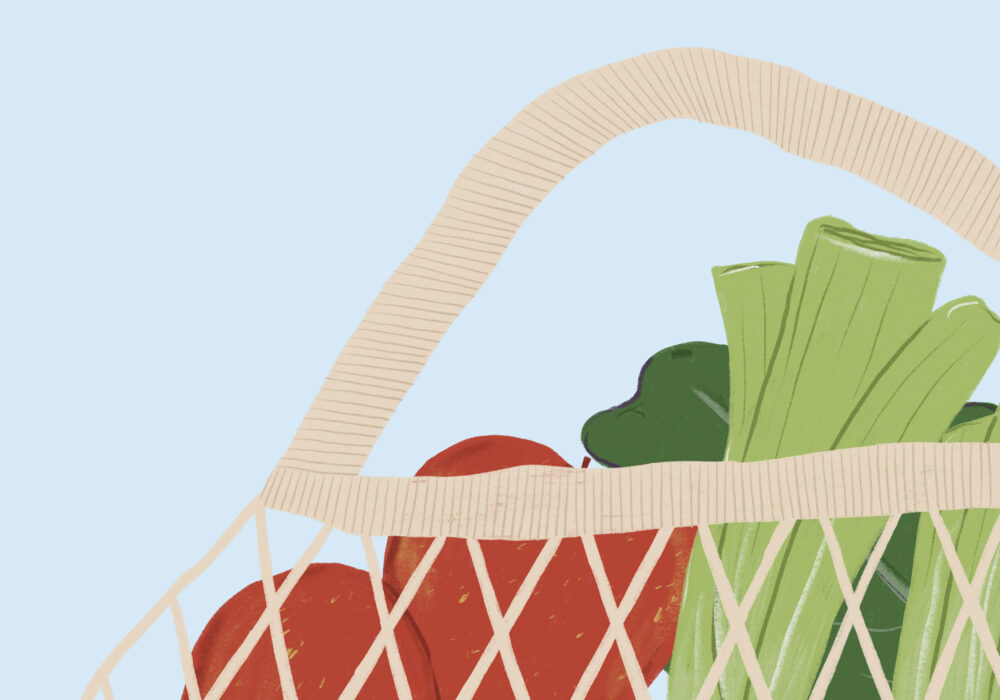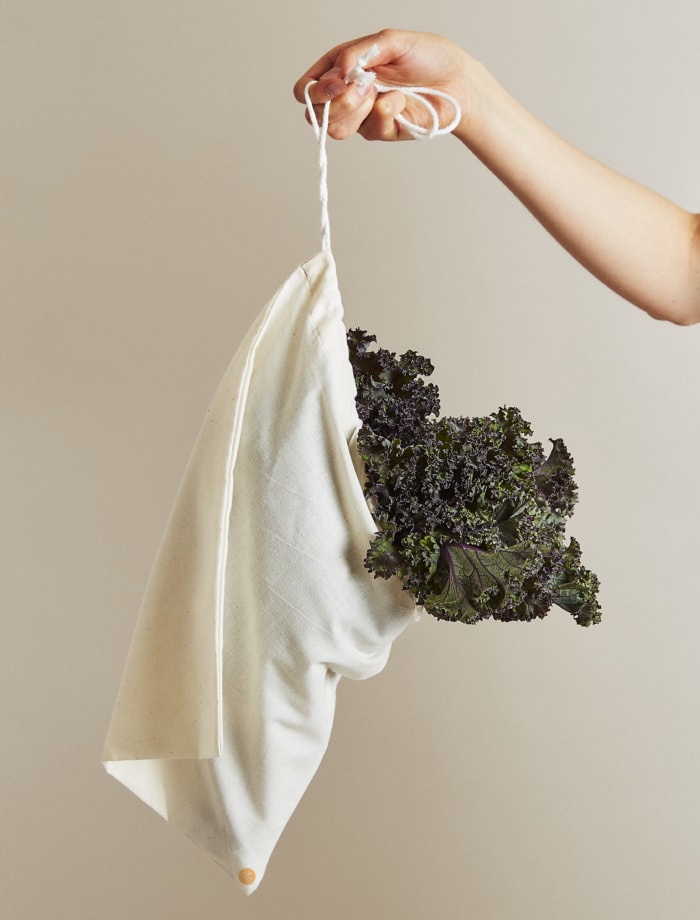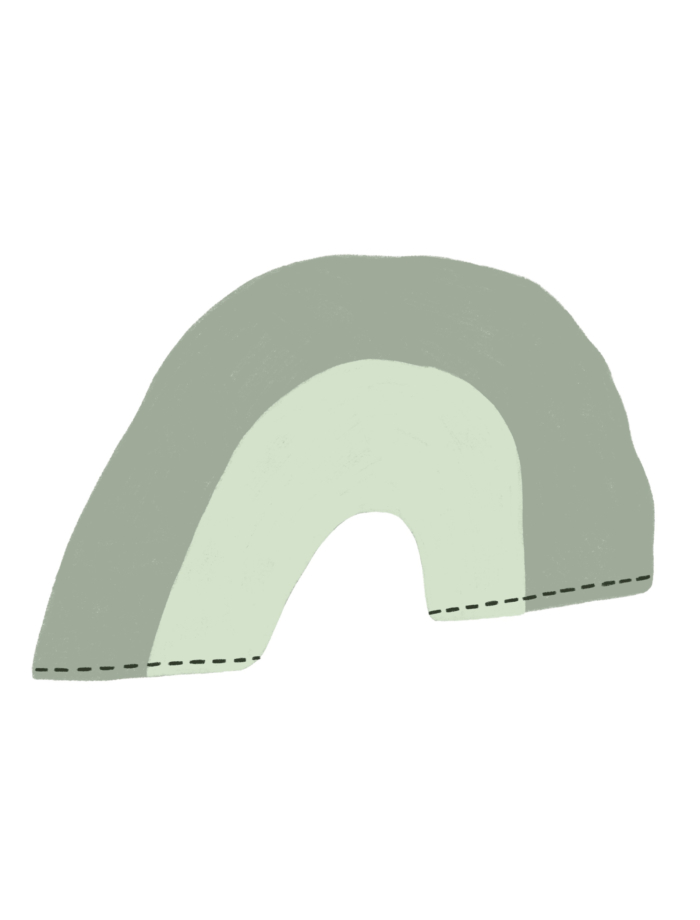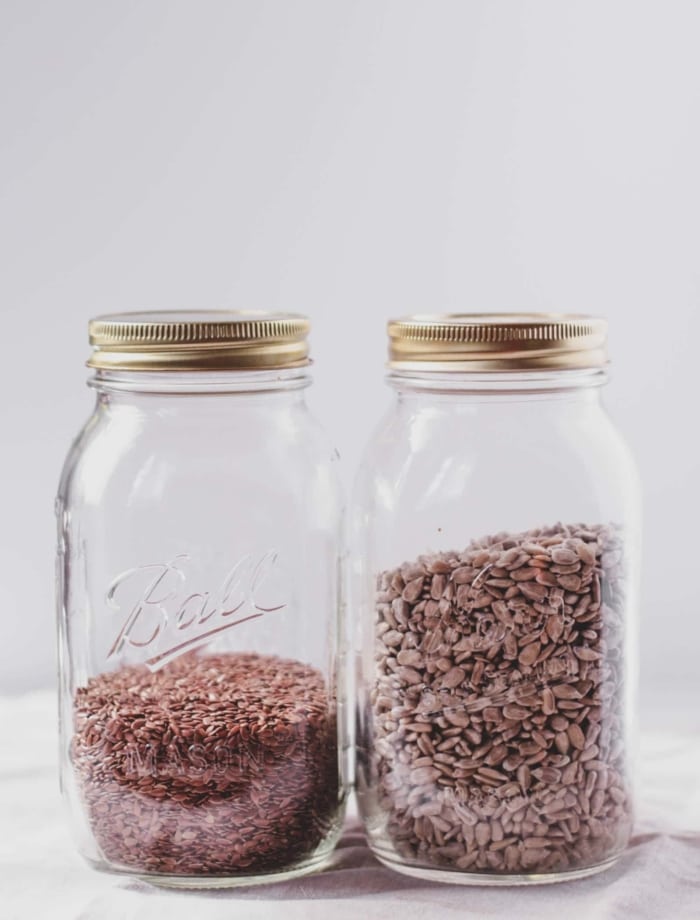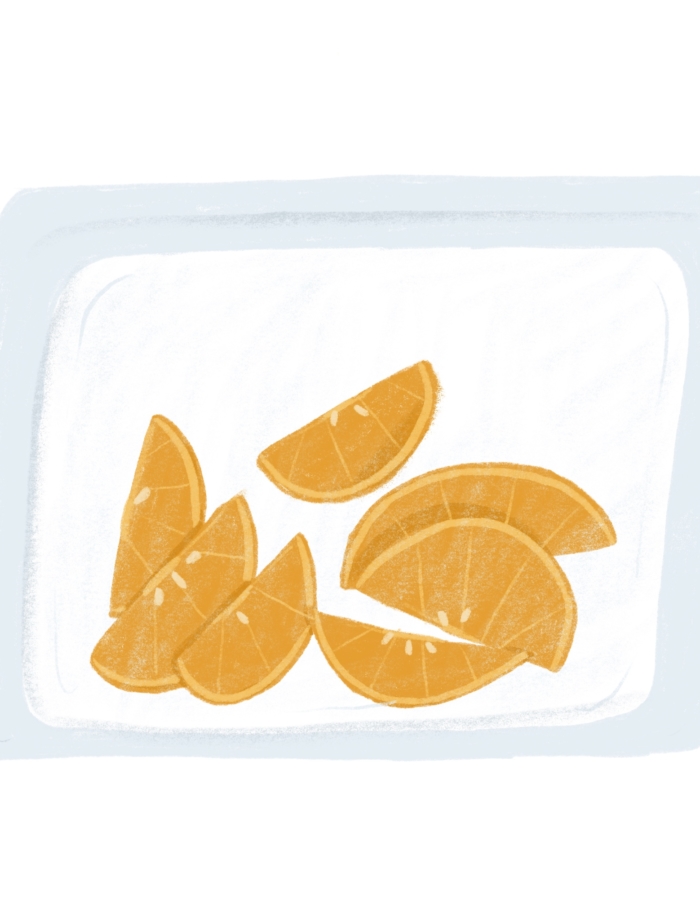We’re back with our quarterly series from Moji Igun of Blue Daisi Consulting. Moji is taking us through easy to navigate steps for maintaining low waste habits. Find her last piece here! Illustrations by Hawnuh Lee.
For many of us, the beginning of a new year is a time to hit the refresh button and set intentions for how we would like to grow into higher versions of ourselves. Although I love the idea of a fresh slate at the start of a new year, I also believe we can allow ourselves to start over at any time. It can be at the start of a new week, a Tuesday in the middle of the afternoon, or it can be right now. No matter when you are reading this, right now is another opportunity to try something new.
New year’s resolutions have been proven to fail time and time again. Bold declarations with nothing to back them up are designed to set us up for failure, so the shift in mindset from a resolution to an intention is an important one. The desire to live a more sustainable lifestyle is front of mind for many of us. Cities around the world are declaring climate emergencies. Devastating floods and fires are taking place in all corners of the globe. Little Miss Flint continues to remind us about the status of the Flint water crisis (spoiler alert: it’s still happening). Greta Thunberg is the 2019 TIME’s Person of the Year for being the face of the global youth-led climate action movement. All of these instances have brought more energy to the fact that we all need to take bold and immediate action when it comes to protecting our environment.
To ensure that this energy fuels a fire of transformational change instead of fizzling out when the next big attention-grabbing event comes our way, we need to get intentional about how sustainability shows up in our lives.
A great way to start stepping into the world of sustainability is by adopting low impact habits into your lifestyle. We all want the basics: access to clean and safe food, water and shelter. Beyond that, as outlined in the Sustainable Development Goals created by the United Nations, a sustainable world also includes gender equality, quality education, good health, and no poverty. I want to live in a world where all those things are a reality for everyone. Whether you are just starting to dip your toe into the world of sustainable living or you have been building sustainable habits for years, we can call take steps to maintain the momentum that has been generated in recent years. We can help ourselves create and maintain low impact habits by setting mindful intentions for ourselves and our communities.
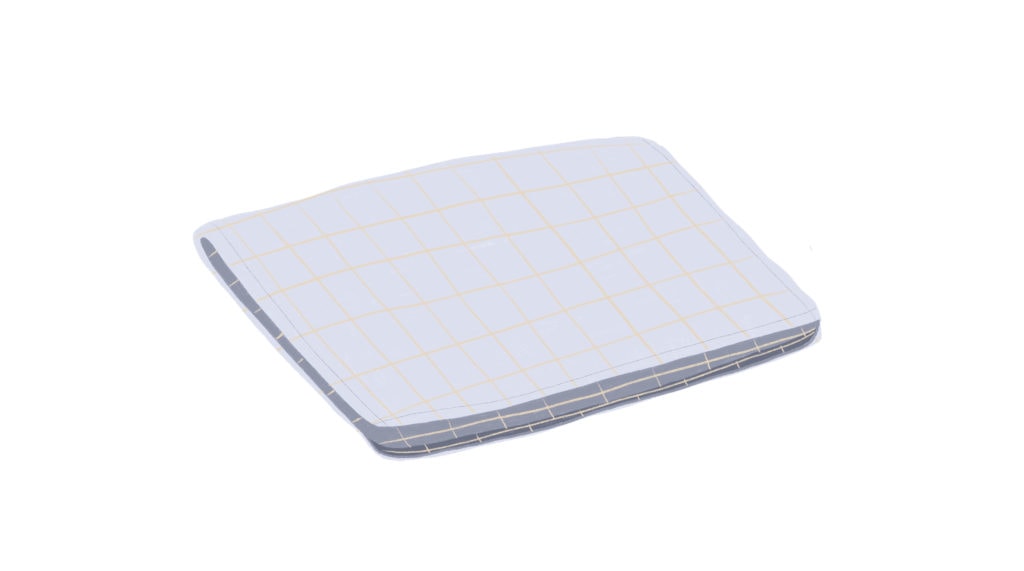
Starting with small low impact habits like replacing paper towels with a linen dish towel.
So let’s do this together! Grab a piece of paper and a pen or open up the notes app on your phone and take a moment to reflect inwards and complete the following sentences:
I want to stop…
I want to start…
I want to continue…
I want to learn…
I want to try…
I want to be…
Boom! You’ve written down your intentions! This exercise creates an opportunity for us to notice the specific ways we want to move forward as well as the ways we are holding ourselves back. Recognize how these things make you feel and notice what’s keeping you from getting to the place you want to be.
Now that we have identified some areas for self-improvement, we can direct our focus towards one thing on that list. This does not mean we are going to forget about the remaining intentions. We simply want to adopt habits at a pace that won’t be overwhelming to the point of inaction. When we are able to consistently see ourselves have small wins, it transforms the new habit into a behavior we no longer have to actively think about.
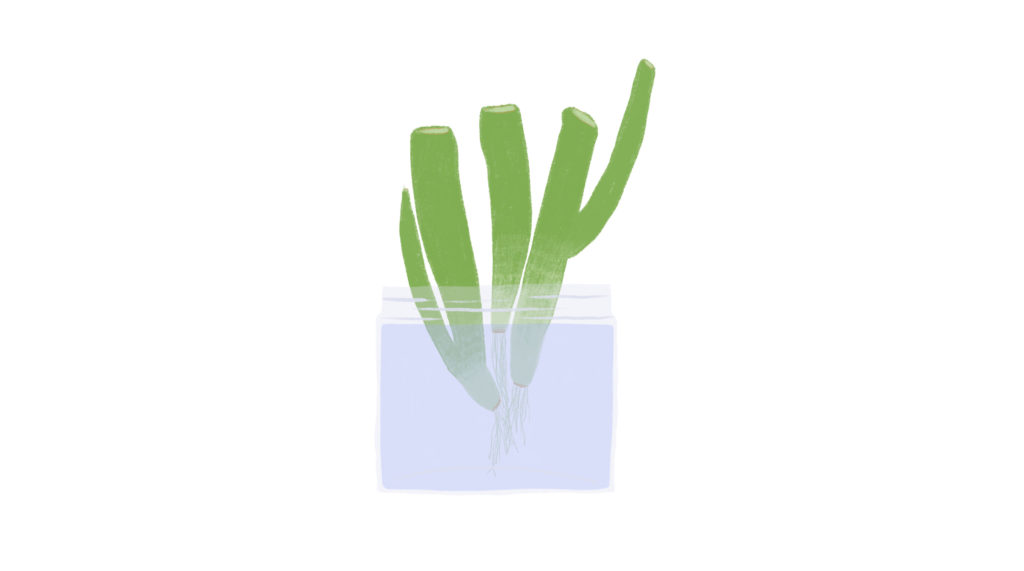
Taking time to grow, like roots from green onions.
Alright, so you have your intentions and you’ve set your focus. Now, you need to define what success looks like for yourself. Essentially, create a S.M.A.R.T. goal. These are goals that are Specific, Measurable, Achievable, Relevant, and Time Based. If this gives you scary flashbacks of your last performance review at work, stick with me. Adding these specifics to our intentions allow us to know when we have made progress. Instead of telling ourselves we want to stop using plastic bags at the grocery store, we can tell ourselves that we are going to place three reusable tote bags by our front door so they are in our line of sight when we go grocery shopping on Sunday mornings. Do you see how clear that second statement is? This clarity will make it more likely that you will form a strong habit over time.
If you are like me and need to see things to believe them, consider visualizing yourself actually living out the version of your life where your intentions have become your reality.
How do you feel? What does your day look like? What has changed? What has stayed the same?
The final piece to creating low impact intentions is setting aside time in your schedule to work toward it. Personally, if something is not built into my schedule, I likely won’t get to it. Humans tend to want to take the path of least resistance, so it helps to create a structure for yourself that offers the fewest barriers. I know I won’t remember to bring my toolkit of essentials — typically, it’s a set of silverware, a metal straw, and a reusable water bottle — with me on a regular basis if I have to think about it every day. To prevent myself from forgetting my tools at home, I keep all my stuff in the same tote bag that I use every day and I give myself a minute on my way out the door to do a quick check that everything is where I need it to be. Small actions like this allow me to continue developing systems that help me maintain my sustainable living habits.
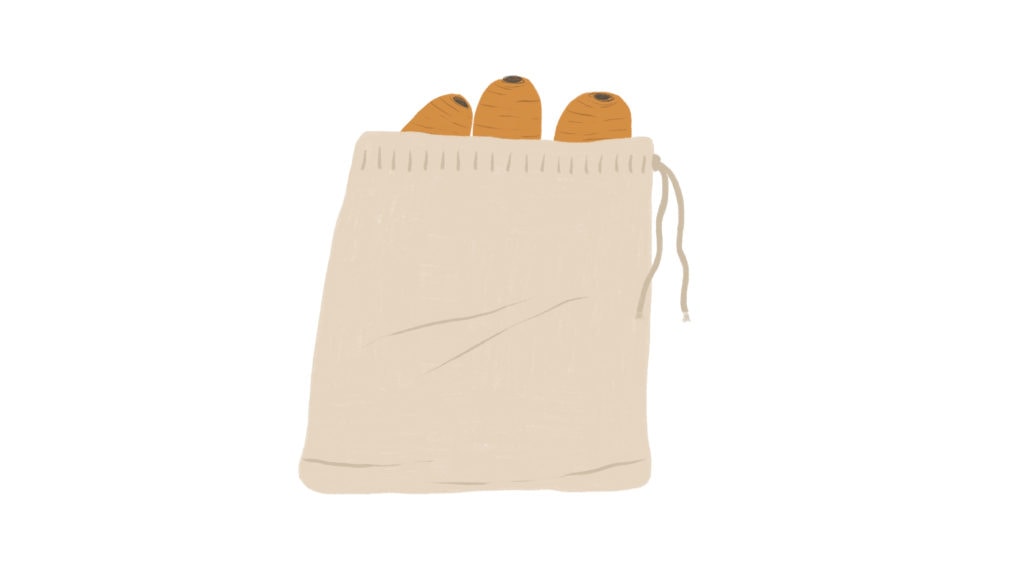
Remembering your tools for a low impact daily practice.
Once you have started working toward your intention, make sure to give yourself some space to mess up and even fail. If you forget your reusable water bottle at home or need to drive to your next destination instead of exploring your options for alternative transportation, all is not lost! We can continue to make progress even though we are not perfect. Revisit your list of intentions and let yourself notice what you are struggling with in a non-judgemental way. Do you have what you need to be successful at your goal? Is there something that is making this extra difficult for you? Do you need another person to keep you accountable? Know that troubleshooting until you find what works for you is all part of the process.
If we acknowledge that we are not going to be perfect from the get-go, we can be patient with ourselves when we inevitably experience challenges.
We are all capable of living intentional lives, and at the same time, we must always be aware of the unjust systems that prevent sustainable living from looking the same for all of us. Living a low impact lifestyle addresses the symptoms of deeper and more complex problems. If you forget your reusable coffee cup at home, know that it is not the end of the world. Remind yourself that individual action is important, but working together to create sustainable systems that benefit our communities as a collective is so much more impactful.
When it comes to something as important as the health of the planet, we need to cultivate mindfulness when creating and executing our intentions. This way we can make true progress towards the sustainable world we all want to live in. Now, go for it! You’ve got this!
